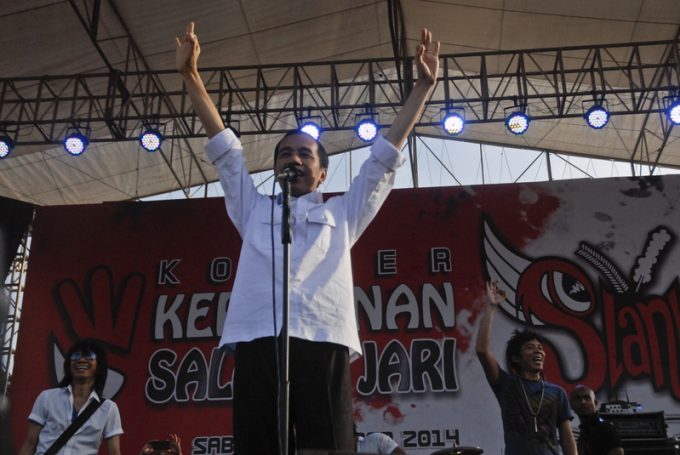Metals tariff rocks auto industry, and Trump smiles on bribes in foreign deals
While yesterday’s announcement of 25% tariffs on steel and aluminium imports to the US took ...

On the surface, this week’s announcement that DP World will invest $7.5bn into Indonesian container ports, in partnership with the Indonesia Investment Authority (INA), is welcome in an archipelago nation beset by high logistics costs.
Scratch a little deeper, however, and it highlights a complex web of Jakartian polititicking, vested interests and corruption that has held back Indonesia’s much-needed infrastructure development.
The story begins with populist president Joko Widodo’s election in 2014. Also known as Jakowi, the ex-furniture exporter saw the huge potential ...
Asia-USEC shippers to lose 42% capacity in a surge of blanked sailings
USTR fees will lead to 'complete destabilisation' of container shipping alliances
Outlook for container shipping 'more uncertain now than at the onset of Covid'
New USTR port fees threaten shipping and global supply chains, says Cosco
Transpac container service closures mount
DHL Express suspends non-de minimis B2C parcels to US consumers
Zim ordered to pay Samsung $3.7m for 'wrongful' D&D charges
Flexport lawsuit an 'undifferentiated mass of gibberish', claims Freightmate
Uncertainty over US tariffs sparks interest in bonded warehouses for imports
Cancelled voyages take the sting out of spot rate declines this week
Shippers warned: don't under-value US exports to avoid tariffs – 'CBP will catch you'
Blanked sailings in response to falling demand 'just a stop-gap solution'


Comment on this article